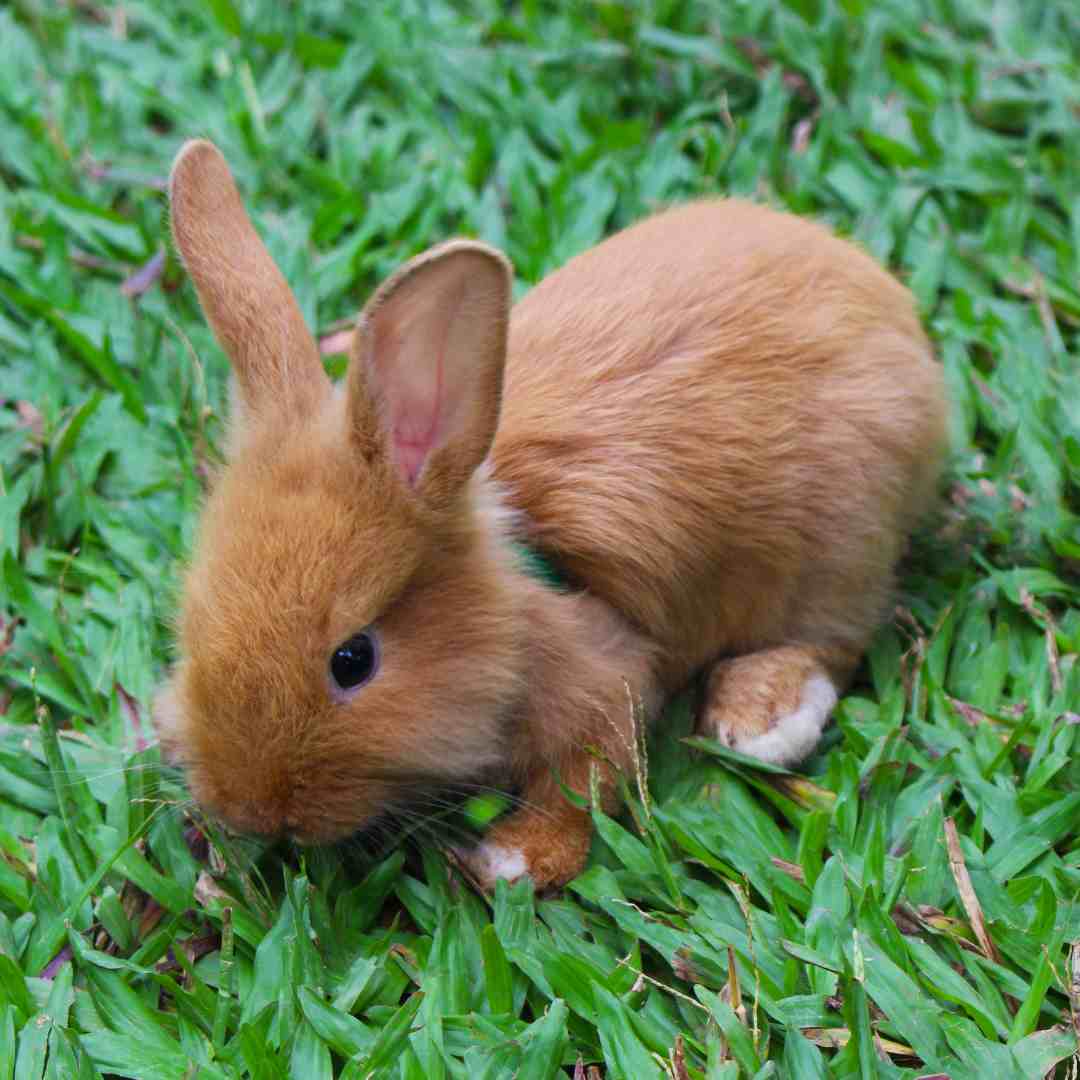What Supplies Are Needed for Baby Rabbits?
Baby rabbits need important necessities. First, you need a spacious cage or hutch for the rabbits. The cage material should be easy to clean and disinfect. The bunnies should be safe with a secure latch.
Second, cage bedding. Wood shavings, straw, or hay are used. To keep the cage bacteria-free, change the bedding regularly.
Third, food and water dishes. The material should be easy to clean and disinfect. The rabbits should easily reach the dishes.
Fourth, rabbits require lots of toys and chew toys. Wood, cardboard, or other rabbit-safe materials can be used.
Finally, rabbit grooming requires a brush and comb. This will clean and detangle their fur.
The appropriate materials can keep your newborn rabbits safe, healthy, and happy.
How Should Baby Rabbits Be Housed?
Baby rabbits need a large, secure hutch. The hutch should be large enough for the rabbits to move around and explore, as well as a sleeping and nesting area. To protect rabbits from predators, the hutch should have sturdy walls and floors. It should be well-ventilated and give sun cover. The rabbits should always have fresh hay and water and a clean hutch. Finally, position the hutch in a quiet, shaded area away from direct sunshine and high winds. Baby bunnies thrive in safe, comfortable environments.
What Should Baby Rabbits Eat?
Baby bunnies need a well-balanced diet. Baby rabbits need their mother's milk for two weeks. They can start solids after two weeks.
Baby rabbits should be fed timothy hay and a tiny amount of fresh vegetables like carrots, broccoli, and kale. Feeding them too much of one food can cause intestinal difficulties. Avoid pellets and seeds, which are hard to digest.
Baby bunnies need clean water too. To avoid bacteria and other pollutants, change this everyday.
Finally, baby rabbit health must be monitored. To guarantee sufficient nourishment, see a veterinarian if they are losing weight or not growing.
How Can I Keep Baby Rabbits Safe and Healthy?
Protecting baby bunnies is easy. First, rabbits need a secure environment. The enclosure must be escape-proof and risk-free. It should be big enough for rabbits to explore.
Second, feed rabbits well. Fresh hay, vegetables, and high-quality pellet feed are needed. Always have fresh water.
Third, rabbits need clean surroundings. Clean the enclosure and remove filthy bedding regularly.
Rabbits need regular veterinary treatment. Vaccinations and checkups are included. Monitor rabbits for illness and injuries.
Finally, rabbit enrichment is essential. Toys, tunnels, and other stuff will spark their curiosity.
These simple steps can keep your newborn bunnies safe and healthy.
Baby rabbits need what vaccines?
Baby rabbits must be vaccinated. Baby rabbits need vaccinations from a vet.
Myxomatosis and RHD are the most common immunisations for young rabbits. Fleas, mosquitoes, and other insects carry myxomatosis, which causes serious respiratory and ocular diseases. RHD can kill rabbits quickly.
Both vaccines should be given at 8 weeks and every 6 months. It's crucial to protect your rabbit from insect-borne infections since the Myxomatosis vaccine isn't 100% effective.
Baby rabbits should be vaccinated against Pasteurella multocida, a respiratory infection-causing bacteria, along with Myxomatosis and RHD. This vaccine should be given at 8 weeks and every 6 months.
Vaccinations cannot replace proper husbandry. Baby rabbits need clean, dry housing and a nutritious feed. Your rabbit should also avoid disease-carrying animals.
Following these rules will prevent your young rabbit from disease and ensure a long, healthy life.
